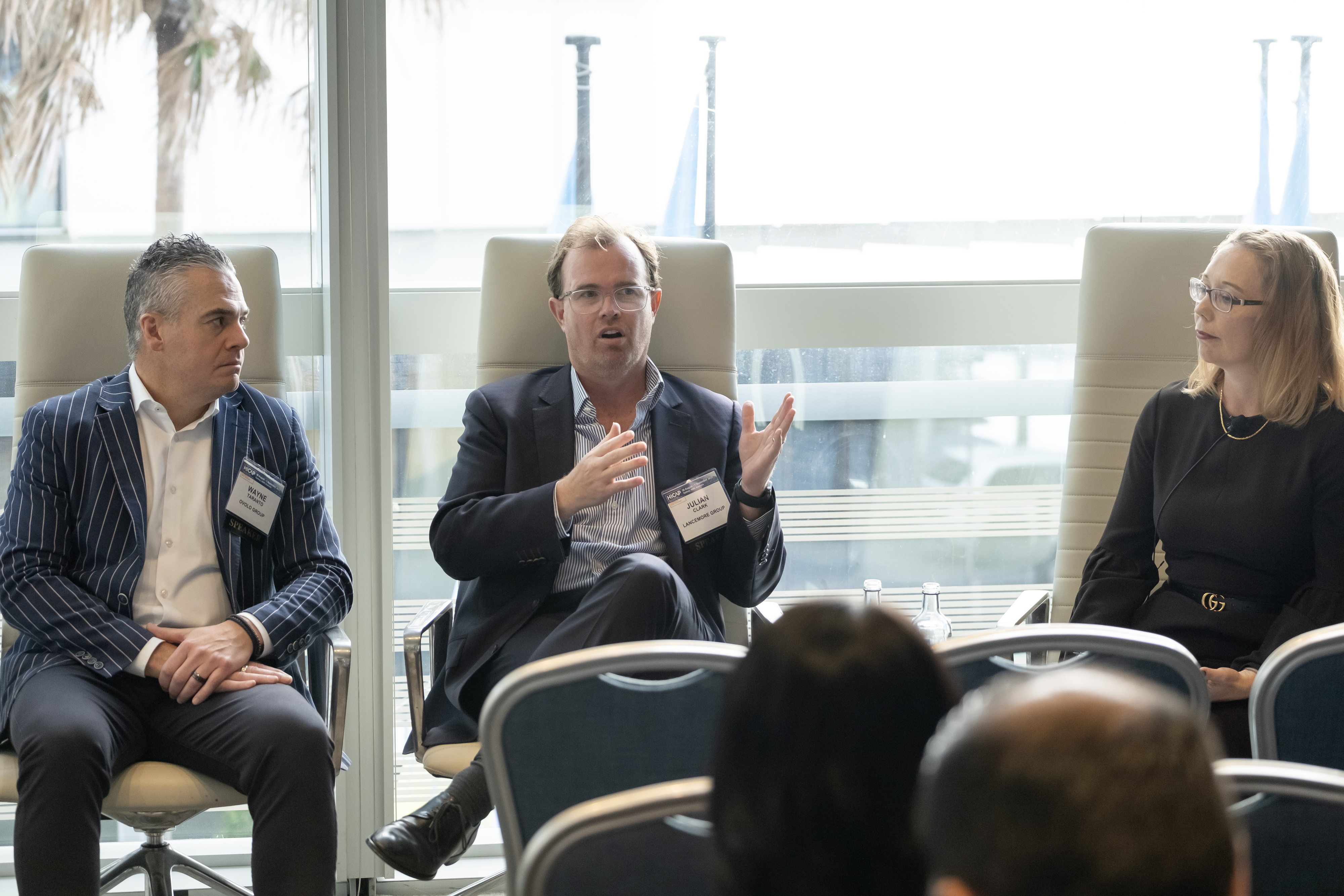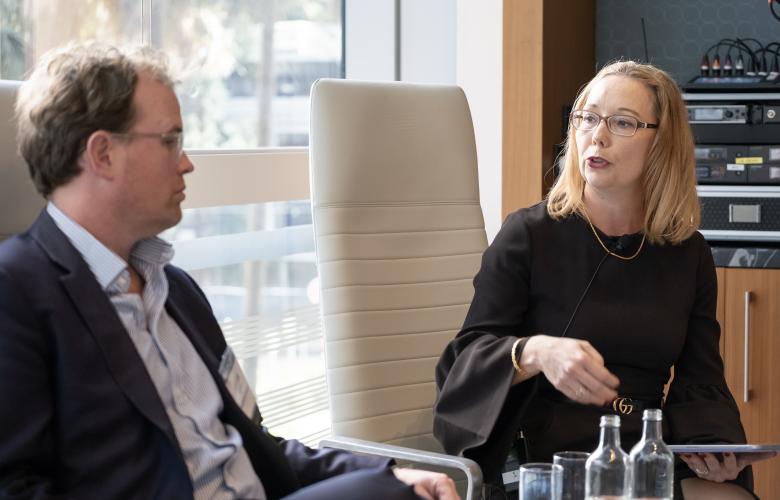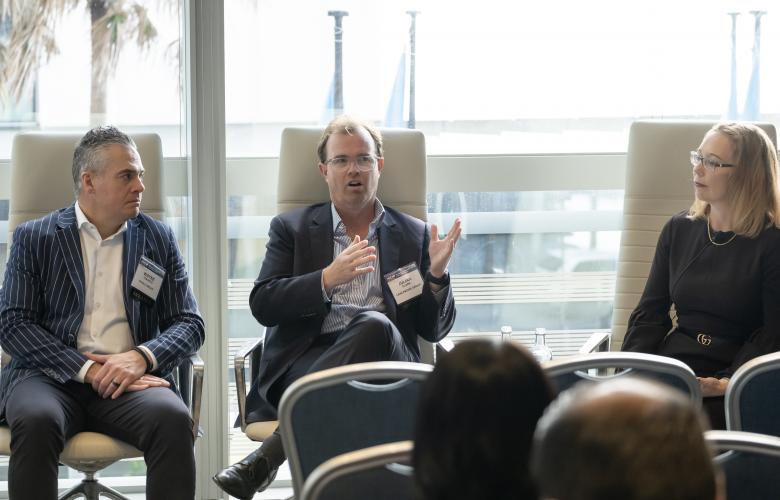Is Gen Z driving hotel trends and opportunities? – Axsia HTL
Contact
Is Gen Z driving hotel trends and opportunities? – Axsia HTL
At last month’s HICAP ANZ, Daniella Tonetto, Director of Hotels for Axsia HTL, gathered a panel of industry heavyweights to discuss current trends and opportunities?
Is staying on trend important in the hotel development world? How is Gen Z driving trends and opportunities? How can we marry up product and lifecycle? How important are technology and sustainability in increasing productivity and attracting customers?
At last month’s HICAP ANZ, Daniella Tonetto, Director of Hotels for Axsia HTL, gathered a panel of industry heavyweights to discuss these topics.
Julian Clark, CEO of Lancemore Group, Jeffery Copolov, Director of Interior Design at Bates Smart, Ted Horner, Owner of E Horner & Associates and Wayne Taranto, COO of Ovolo Hotels, explored these opportunities and challenges and gave the audience insight into what is to come and what to consider in 2024.
Culture, art and wellness are now essential
With Gen Z increasingly the cohort that is travelling the world, exploring their surroundings and spending away from home, it’s essential to understand the innovative products and offerings that cater to the needs and preferences of these modern travellers.
Gen Z travellers want a connection to their destination. Experiences that reflect a city’s culture and art, as well as wellness and sustainability offerings, are now a must for hotels, should they want to attract attention and guests.
For the panellists, this can take many forms, whether through the artwork on the hotel walls, the music playing in the hotel’s bar/lobby space (which is increasingly integrated) or the F&B outlets featuring local-first produce crafted by a named chef on their menus.
Newcomers like the Ace Hotel Sydney have mastered this connection to place in a big way. They can provide an example to brands looking to curate a similar locally driven experience.
Operators and owners must balance innovation with lifecycle
Staying on trend is key as it can help attract and retain customers, especially the younger generation, who are more tech-savvy, socially conscious, and experiential.
However, staying on trend also requires balancing innovation with durability, ensuring a product can last for a healthy and profitable lifecycle and adapt to changing circumstances.
Technological concepts like concierge robots, self-check-in and check-out kiosks and digital room keys are not new and have been circulating for many years. However, they have not been widely adopted, and the industry appears to be missing a beat in how it views and adopts technology.
Interestingly, technology can be much more than the gimmicky marketing tool many might view it as. When used effectively, it can help improve efficiency, productivity, quality and environmental impact. It can also help solve some of the labour shortage challenges the industry is facing by automating tasks, enhancing communication and facilitating training.
The trick, according to the panellists? Having hotel-wide buy-in and knowledge of the technology and its benefits for employees and guests. For example, front desk personnel should be fully trained and actively encouraging guests to use self-check-out kiosks to avoid bottlenecks at 11am.
Sustainability should be a natural part of the hotel experience
Increasingly, traveller sentiment is shifting from “I need to do good” to “I want to do good”. Especially amongst the Gen Z group.
As such, sustainability in the hotel industry is now a must – if anything, to attract guests, let alone play a responsible part in helping the environment. However, the consensus amongst the panellists is that sustainability should be a natural, not superficial, part of the hotel experience. Brands have much to gain from this, particularly if trying to appeal to the ever-discerning Gen Z traveller.
Incorporating sustainability as a natural part of the hotel experience could be as ground-up as adapting and reusing the materials the building is made of. Or it could be scrutinising what is necessary for a hotel room – do travellers really need plastic water bottles, or is a refillable carafe appropriate?
Developments in sustainability, technology and traveller trends can pose a challenge to hoteliers. However, they can also pose an opportunity to attract a new customer group, lengthen a product’s lifecycle and improve guest experience. A hotel asset manager can collaborate with owners and managers to create bespoke strategies to achieve these opportunities and more.

Related Reading:








